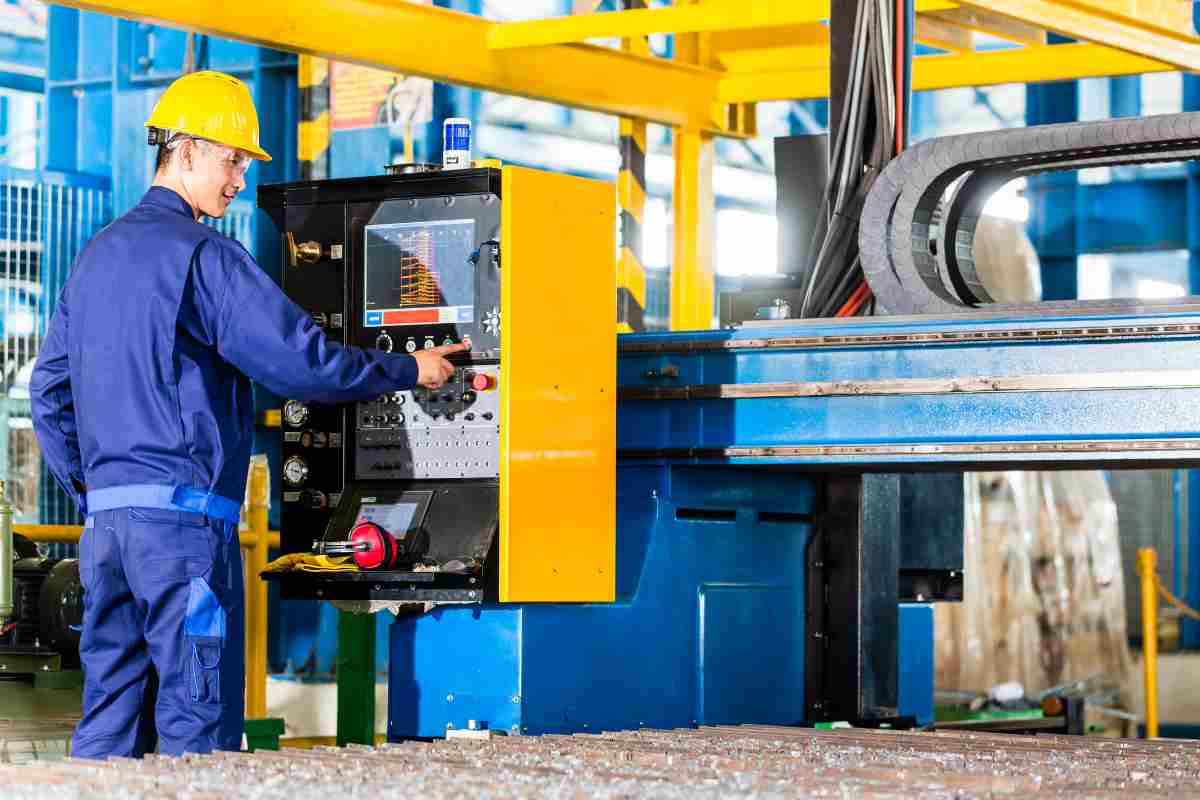Introduction
The intricate world of industrial operations heavily relies on specialized electrical panels, notably lighting control panels and PLC (Programmable Logic Controller) panels. Far from being mere infrastructure components, these panels are vital for enhancing efficiency, safety, and adaptability across various industrial settings. This comprehensive discussion aims to delve into the preferences of industry leaders when selecting a fabrication partner to design and build these pivotal panels, underlining their significance in contemporary industrial frameworks.
The Pivotal Role of Industrial Electrical Panels
Within any industrial establishment, the electrical panel functions as the central hub of the electrical distribution system. It is responsible for distributing power, safeguarding equipment from overload conditions, and maintaining continuous, safe operations. Among the array of panel types, lighting control panels and PLC panels stand out due to their specific functionalities and the essential roles they fulfill within industrial processes.
Importance of Industrial Lighting Control Panels
In industrial environments, lighting control panels play a crucial role. Their primary function is to control and automate lighting systems, thereby enhancing energy efficiency. These panels adjust lighting based on various factors, including time, occupancy, and specific operational requirements. This dynamic management not only curtails energy use but also prolongs the life of lighting installations, leading to significant economic and environmental benefits.
PLC Panels: Enabling Advanced Control
Contrastingly, PLC panels form the backbone of machine automation. These units house programmable logic controllers that perform a multitude of tasks, ranging from straightforward machine functions to complex automation protocols. Crucial for achieving precision and consistency, PLC panels provide the necessary flexibility in manufacturing operations, proving indispensable in today’s industrial landscape.
Criteria for Choosing a Fabrication Partner
When constructing these sophisticated panels, industry leaders adhere to a defined set of criteria to select a fabrication partner. These standards ensure that the panels not only comply with current industrial norms but are also geared towards accommodating future technological progress.
Expertise and Experience
The design and construction of effective industrial electrical panels require profound expertise and extensive experience. Leading companies favor partners with a robust history in panel fabrication, who not only grasp the technical necessities but also have comprehensive knowledge of industrial applications.
Focus on Quality and Compliance
For lighting control panels, meeting strict quality standards and regulatory compliance is essential. Fabrication partners must adhere to global standards like ISO, uphold UL listings, and conform to sector-specific guidelines, such as those issued by the IEEE. These criteria are indicators of reliability and quality, crucial for establishing a successful partnership.
Embracing Innovation and Technology
As industrial technologies advance, so should the systems that support them. Forward-thinking companies prefer partners who stay abreast of technological developments and are leaders in their field. This includes the use of cutting-edge design software, automated manufacturing processes, and innovative testing protocols.
Customization and Flexibility
Industrial settings vary widely, often requiring customized solutions that standard models cannot fully satisfy. Industry leaders look for partners capable of adapting electrical panels to specific operational requirements. This includes customizing designs, incorporating unique components, and integrating specialized control features.
Comprehensive Support and Service
The relationship between an industrial entity and its panel fabricator goes beyond panel delivery. Continuous support, efficient maintenance, and quick resolution of technical issues are critical. Partners offering robust after-sales service, staff training, and rapid repair responses are highly valued.
Scalability and Future-Proofing
As businesses grow and their needs evolve, their electrical systems must also scale and adapt seamlessly. Fabricators should enable easy future enhancements and integration of new technologies, facilitating growth and modifications without major disruptions.
Establishing a Sustainable Partnership
Creating a durable and effective partnership with a panel fabricator involves more than technical skill. It demands strategic alignment, where both parties share common values and long-term goals. Strong communication and collaborative efforts are essential, fostering regular updates and collaborative problem-solving. Additionally, empowering the client's staff with the knowledge to manage and troubleshoot the panels is vital for enhancing operational efficiency and safety.
Conclusion
Selecting the appropriate fabrication partner for lighting control and PLC panels is a strategic decision with extensive implications. It necessitates a meticulous assessment of the fabricator's capability to deliver high-quality, compliant, and adaptable solutions. By emphasizing expertise, innovation, customization, support, and scalability, industry leaders can guarantee that their operations are supported by robust and efficient electrical infrastructure. This strategic choice not only satisfies current needs but also paves the way for future success and sustainability in the dynamic industrial sector.





Comments